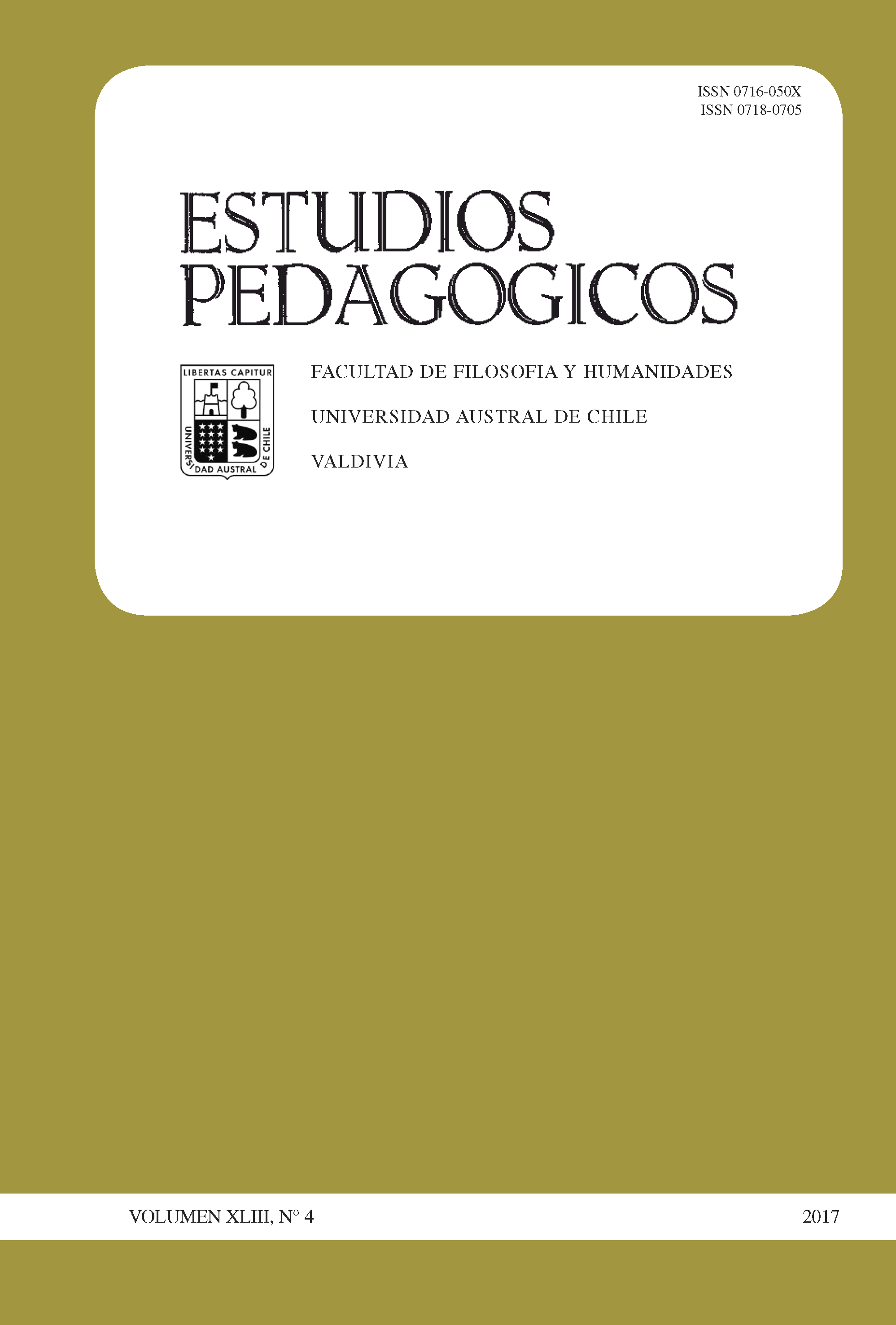Educational intervention and dissemination of organistic heritage in formal and non-formal environments
Main Article Content
Abstract
For more than twelve years, an important activity around the organistic musical heritage of Castile and León has been developed by members of the University of Valladolid. Specific actions have been carried about some of the 250 baroque organs, located in the provinces of Valladolid and Palencia. Through successive partnership agreements signed between the University of Valladolid, religious institutions of both provinces, and their Provincial Councils, a reasonable number of activities have been developed to train musicians, as well as to preserve and disseminate these musical instruments. The activities comprise many didactic actions related to informal education in primary and secondary schools. Complementary activities are also implemented in order to disseminate historical heritage through its liturgical uses and functions, and to integrate it in historic heritage research networks. All activities are carried out by students of the several degrees in music offered by the University of Valladolid. This paper presents some proposals for the training in musical heritage of different kinds of students, according to the specific educational stages.

